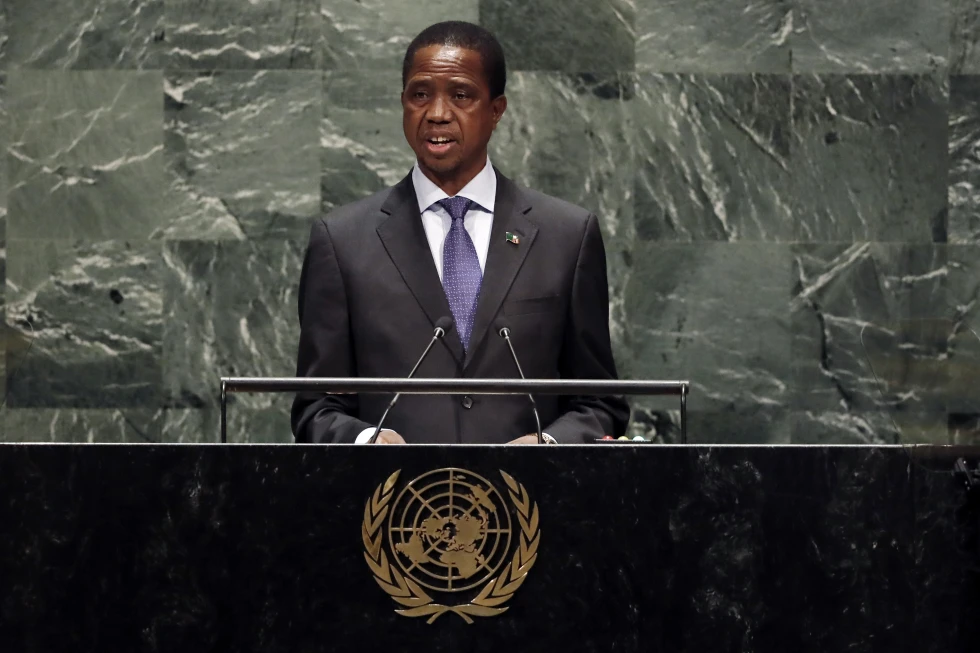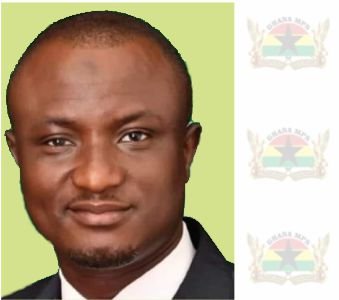France began its military withdrawal from Chad on Tuesday, flying out the two Mirage 2000-D fighter jets stationed in the Central African nation. This marks a key step in scaling down France’s presence after Chad ended its defense cooperation agreement with Paris last month.
The jets departed from a French base in Chad’s capital, N’Djamena, with a send-off from Chadian military personnel. French military spokesman Col. Guillaume Vernet confirmed that the jets would return to an air force base in Nancy, eastern France.
Negotiations are ongoing between French and Chadian authorities regarding the withdrawal of the remaining 1,000 French troops stationed in the country. Col. Vernet noted that decisions are yet to be made on whether all forces or just a portion will leave.
In announcing the termination of the defense pact, Chad’s government described it as a “historic turning point” for a nation that gained independence from France in 1960. The move is aimed at reshaping Chad’s strategic partnerships in line with its national priorities.
Chad was one of France’s last strongholds in the region after Paris faced expulsion from Niger, Mali, and Burkina Faso in recent years. These nations, once aligned with French military operations against Islamist insurgencies, have pivoted toward closer ties with Russia, which has deployed mercenaries across the Sahel region.
While Chadian authorities have not set a specific timeline for the French withdrawal, they emphasized that this decision does not sever the historical ties between the two nations. They expressed interest in maintaining cooperation in areas of mutual benefit.
The withdrawal comes amid rising anti-French sentiment in Chad. Last week, hundreds of protesters marched in N’Djamena, chanting slogans like “Chad for us, France out!” and holding banners demanding a complete French exit.
France’s military presence in the region has become increasingly unpopular, with accusations of neocolonialism and dissatisfaction over its role in local conflicts contributing to the backlash.
Zambia Bars Edgar Lungu From Election Comeback
Meanwhile, in southern Africa, Zambia’s Constitutional Court unanimously ruled on Tuesday that former President Edgar Lungu is ineligible to run in the 2026 general election. The court determined that Lungu’s brief tenure from 2015 to 2016, following the death of then-President Michael Sata, constituted a full term.
Lungu served a second term from 2016 to 2021, reaching the constitutional limit of two terms. Despite this, he announced his political comeback last year and aimed to challenge current President Hakainde Hichilema in the next election.

The court’s seven-judge panel delivered the verdict live on state television and radio, drawing significant public interest due to the fierce rivalry between Lungu and Hichilema.
The ruling has not been without controversy. Lungu described the decision as influenced by “political manipulation” and pointed to Hichilema’s dismissal of three Constitutional Court judges who had ruled in his favor in an earlier case involving the 2016 election.
Tuesday’s decision also casts a shadow on Lungu’s 2021 candidacy, suggesting that he should have been barred from contesting that election under the constitutional provisions.
The ruling is seen as a definitive conclusion to Lungu’s political ambitions, further intensifying the political landscape in Zambia as the country prepares for its next general election.
READ ALSO: Manasseh Awuni Calls Out Partisan Hypocrisy, Demands Accountability





















